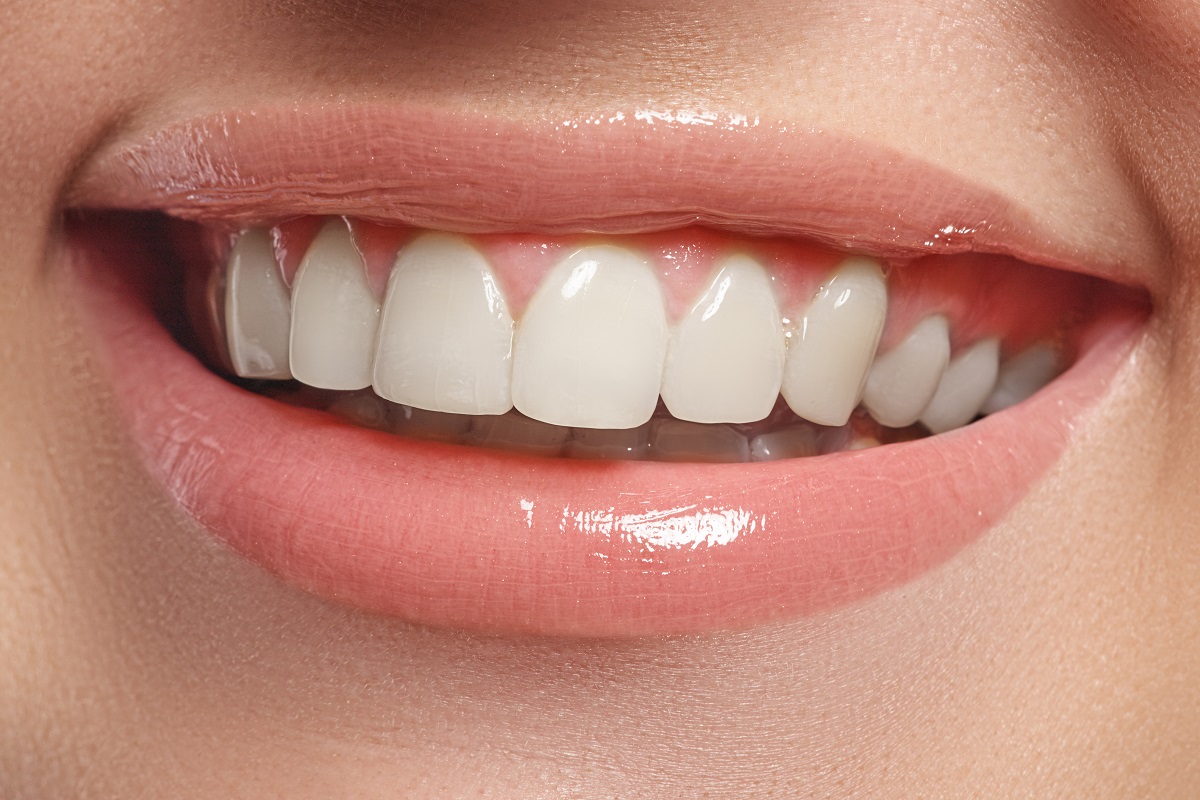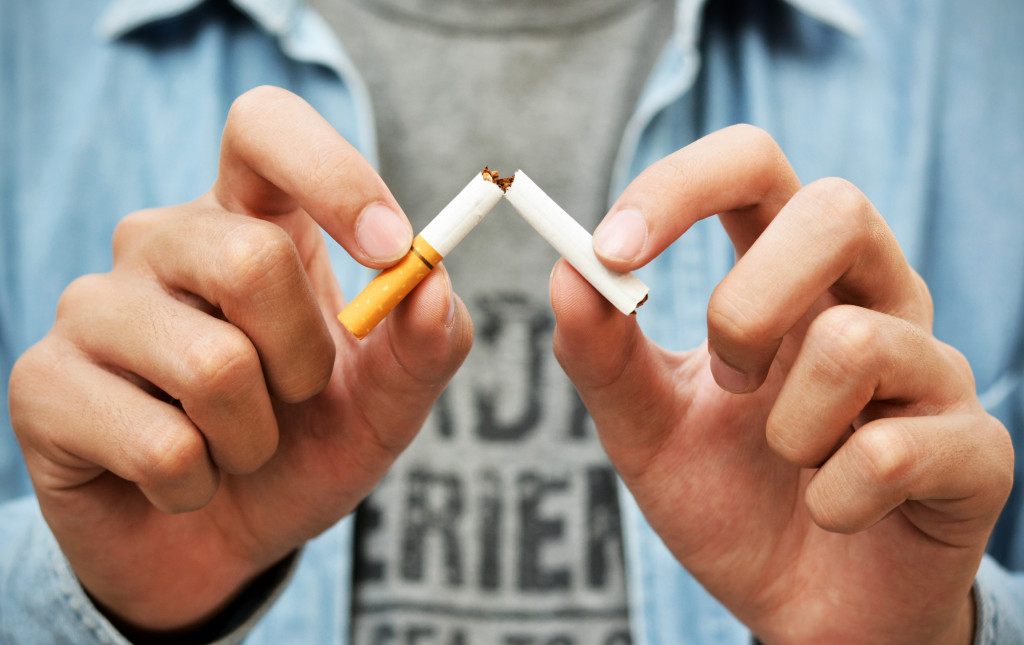There is a common complaint among many people who visit their dentist and it is simply that they feel their teeth are not white enough.
While few people want the full Hollywood smile, many feel that tooth staining or yellowing is holding them back in their careers. Not to mention causing them to feel self-conscious when they smile.
Luckily, teeth whitening is one of the oldest cosmetic treatments that your dental Coorparoo can offer. And here, the treatment is broken down into a simplified guide. So read on to learn more!
What is whitening?
Whitening is simply the process of making teeth whiter. It has been common in dental surgeries since the 1960s, but in recent years techniques and technologies have advanced to make it easier. It typically involves the application of bleach in controlled amounts to the teeth to lift off stains and create a whiter tooth surface.

There are different types of dental stains caused by different sources. If you have stains caused by diet or smoking, then your dentist will likely use bleach-based whitening to remove them from your enamel.
If your staining is caused by fluorosis, medication or illness, then your dentist may aim to use abrasion based techniques to make your smile whiter.
Bleach-based whitening
As mentioned before, bleach-based whitening is the most popular method for whitening teeth.
Your dentist will apply a hydrogen peroxide based bleach to your teeth and then expose them to UV light. This causes a reaction that is called oxidation, which lifts the stains off of the surface of the teeth. This is usually done in one sitting, but if you have more extreme staining, your dentist may decide to offer it over multiple appointments.
Your dental team may also decide to offer you custom-fitted trays to use at home to whiten your teeth. They will provide you with a weaker version of the hydrogen peroxide based bleach to fill the trays to wear to bed. This is usually required over two weeks and will be followed up by a second surgery whitening procedure to get the desired final result.
Many patients have concerns that bleach-based whitening will cause oral sensitivity. And while this was once common, modern bleaches have anti-sensitivity agents within them. So any discomfort should be minimal.
Abrasion whitening
Abrasion whitening involves your dentist gently using a drill to remove deeply set stains from your teeth.
This is not a common option, however, and many dentists will offer other whitening treatments instead of this such as veneers or composite bonding.
Advantages
The advantages of a whiter smile are simple; you will smile more and will feel better about yourself. Whiter teeth are also usually smoother too, due to the polishing that follows bleach-based whitening. So plaque is less likely to accumulate on whitened teeth too.
Longevity
If you smoke, drink black coffee or red wine, your whiter smile may not last as long as someone who does not. The average whitening treatment lasts for around 9 months. But some dentists can offer you home top-up treatments, to keep your smile whiter for longer.

DISCLAIMER OFFSITE
Any surgical or invasive procedure carries risks. Before proceeding you should seek a second opinion from an appropriately qualified health practitioner.
